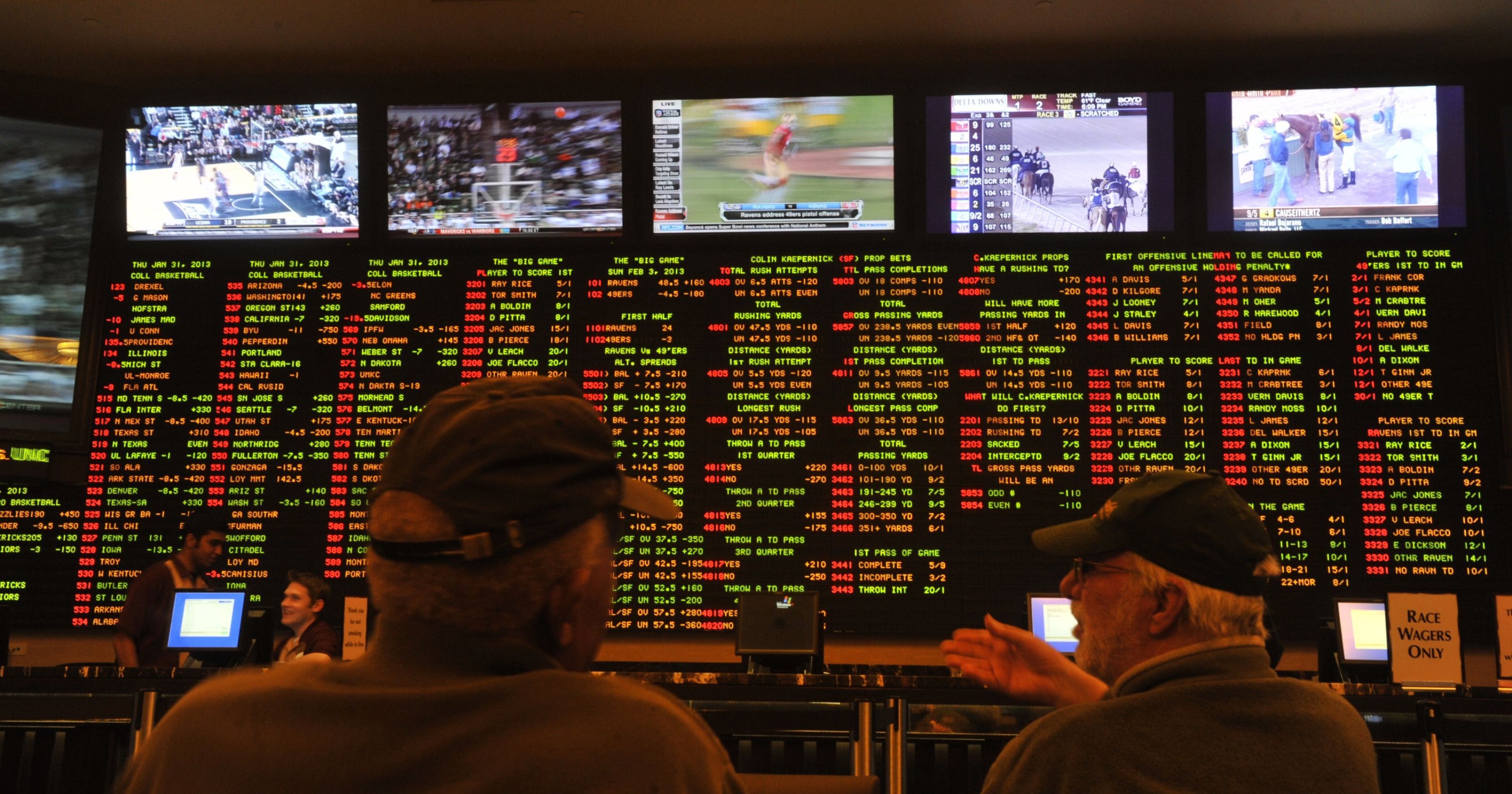Just because sports betting might become legal across the US, not every state is ready to jump on board, at least not right away. On Tuesday, a senate committee in Louisiana rejected a bill that laid out a framework for legalizing the activity on fears that such a move would constitute an expansion of gambling.

The vote by the Louisiana Senate Finance Committee was 6-3 against the proposal, which would have allowed the Harrah’s casino in New Orleans and the state’s 15 floating casinos to take bets on sports. Before they could do so, however, voters in the parishes that host these casinos also would’ve had to approve.
Opposition to Gambling Expansion
The bill is one of several gambling expansion proposals that are currently being batted about the Louisiana legislature. Other ideas that have gotten a look include a measure to allow riverboat casinos to operate on land, as well as a bill to formally legalize fantasy sports.
The move to legalize sports betting in Louisiana started strong, with the Senate Judiciary Committee approving a similar bill two weeks earlier. Under that bill, bars and restaurants that host video poker machines would have been able to offer sports betting.
But on Tuesday, State Sen. Danny Martiny (R-Kenner) offered an amendment that would limit these bets to casinos. But other senators had a variety of concerns that ultimately scuttled the proposal. Some were simply anti-gambling expansion, arguing that Louisiana voters did not want to see more betting in the state.
Expensive Implementation, Uncertain Revenue
Others balked at the $25 million estimate from the Louisiana Fiscal Office for what it would cost to implement a centralized computer system to monitor sports betting. With a $648 million deficit heading into the next fiscal year, the legislature has been hesitant to approve measures that will cost money up front. And Martiny’s legislation does not yet specify how sports betting would be taxed, making it difficult to estimate potential revenue from the plan.
Martiny left open the possibility of moving the sports betting plan directly to the Senate floor through a parliamentary maneuver. But that would require strong support in the Senate, and Martiny says he would only do so if he was sure he had enough votes to pass the bill, which doesn’t seem likely at this time.
“I’m not going to make people bleed on this issue,” Martiny told The Advocate.
As with any other state-level bill that would regulate sports betting, this proposal was contingent on the Supreme Court’s ruling in Christie v. NCAA. That case sees the state of New Jersey attempting to overturn the Professional and Amateur Sports Protection Act (PASPA), a federal law that prohibits states (other than Nevada) from regulating sports betting.
More than 20 states have either passed or are considering legislation that would allow casinos or other entities to offer sports betting should the Supreme Court enact a repeal of PASPA. A decision on that case is expected in the next two months.









